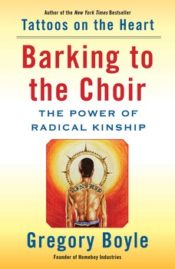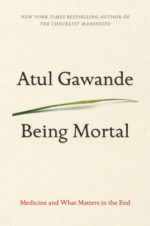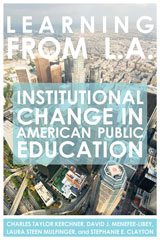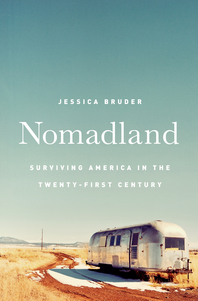Learning 2.0: The Next Generation of Education
Posted on | March 17, 2012 | Comments Off on Learning 2.0: The Next Generation of Education
In January 2012, I posted The Politics of Learning 2.0: From Governance to Capacity Building and offered thanks and acknowledgement to the Randolph and Dora Haynes Foundation for their financial support of the research leading up to it.
This report is the last of the pieces planned as part of the project. However, there are more recent blog posts, and readers are invited to explore them in the blog space and archives.
The series began with Learning 2.0, a short essay on how we might reshape school reform to recognize the tremendous changes in information processing and their implications for teaching and learning.
Learning 2.0 is built around the notion that it is possible for us to replace the batch-processing mode of education that has been in place for a century. Both our norms about “the grammar of schooling” and the statutory foundations of public education reinforce age-graded instruction, labeling students as ahead or behind, and the firm belief that it should take exactly nine months to learn Algebra I. Moreover, students should learn it in eighth grade to get ahead of the Japanese Chinese.
Douglas Thomas and John Seely Brown write about A New Culture of Learning, which I compare with John Dewey’s classic School and Society written more than a century ago, and the new culture faces some of the same possibilities of defeat and distortion as Dewey’s did.
Clayton Christensen, Michael Horn and Curtis Johnson make the case that computer aided, Internet delivered instruction is a disruptive technology, like the transistor or digital photography. I believe they are partly right, but only partly. Technology adoption in education is not like technology adoption in the consumer or commercial marketplace; it’s a political battle with existing and emerging interests.
Part of the political battle will come over the creation of a new production system for education. Yochai Benkler, in The Wealth of Networks, makes the case that peer production—building knowledge through a wide-spread cooperative network—is an important new mode of knowledge delivery that challenges the existing, capital intensive, media and knowledge production oligarchy. Society will witness a massive political fight over access and copyright. And unless educators cede the battle before it’s begun, there will be another fight over whether educators or corporations design learning.
Teachers and their unions are particularly vulnerable in this battle. Unions are always vulnerable when a production technology changes, and neither national union seems to realize that changes in teaching and learning pose an elemental challenge to their existence. These changes also offer unions the greatest opportunity they have had since winning collective bargaining rights.
In other published pieces I amplify on the elements of Learning 2.0. Remix makes the case for combining head and hands learning, and examines the potential of Linked Learning. In Student as Worker, I expand on the idea that students are the real workers in the education system, and that we should build on that reality.
In Amending Our Ideas of Basic Skills, and in a longer essay, I argue that collaboration and understanding how to engage ambiguous problems should become part of the basic skill set taught in all elementary and secondary schools.
In Re-Bundling Teaching, Testing, and Growing Up, write about the changing work roles for teachers brought about by external testing and the possibilities of recreating the historically important but currently devalued role of teacher as mentor and guide to adulthood.




